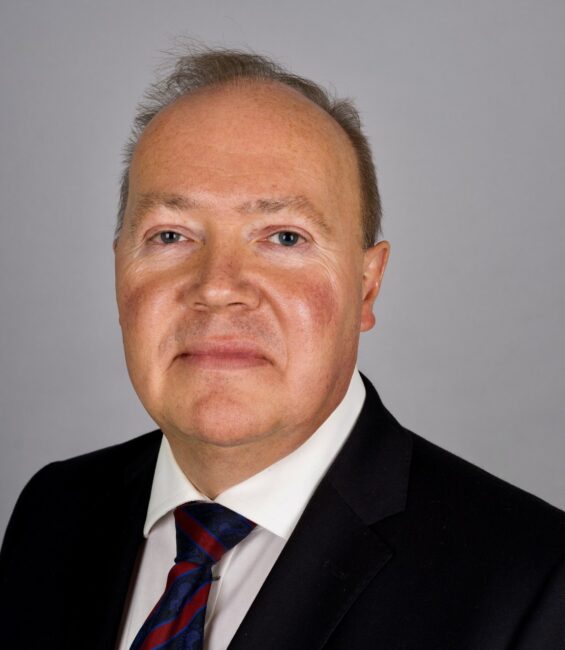
Title: The Adoption of Robotic Technology for Orthopaedic Surgery in Healthcare Systems
Abstract: This lecture will review the current trends and use of surgical robots in orthopaedic practice. Clinical outcomes and results will be discussed alongside the challenges and obstacles to adoption of innovative robot assisted surgical solutions. The introduction and dissemination of robotic surgery can be costly and difficult to justify initially, particularly in universal healthcare systems. This can hamper widespread use ahead of the accumulation of long term outcome data.
Robots are popular with patients and increasingly so with surgeons. Professor Skinner will give an overview of these issues along with some ideas on the necessary governance, data collection requirements and safeguards that will be essential for the safe and responsible adoption of this exciting technology.
Biography
Professor John A Skinner MBBS, FRCS, FRCS(Orth) – is Professor of Orthopaedic surgery at University College London and Consultant Orthopaedic Surgeon at the Royal National Orthopaedic Hospital, Stanmore (RNOH). He is President of the British Orthopaedic Association. He sits on the Council of the Royal College of Surgeons of England and chairs the Future Surgeons Forum.
He is a hip and knee arthroplasty surgeon and is the Director of Research and Innovation at the Royal National Orthopaedic Hospital. He was awarded an orthopaedic American British Canadian Travelling Fellowship and is a member of the International Hip Society. He has served as President of the British Hip Society and worked on the NICE guideline committee for joint replacement surgery. He jointly established the London Implant Retrieval Centre in 2007, which has collected 8000 failed orthopaedic implants and has published 130 papers on this subject, including reasons for failure. He provided clinical leadership on metal bearing hips for patients and surgeons and chaired the UK MHRA Expert Advisory Committees on Metal bearing hips for 10 years. This work contributed to advice that is followed worldwide and applies to 1.5 million patients with metal bearing hips. He has advised the Federal Drug Administration (FDA) USA on matters related to Hip Arthroplasty surgery. He has worked on custom CAD CAM arthroplasty implant design, surgical planning and patient specific instrument design. He has introduced 4 surgical robotic systems at the RNOH for arthroplasty and spine surgery. His Research interests focus on optimising outcomes for patients undergoing joint replacement surgery.

